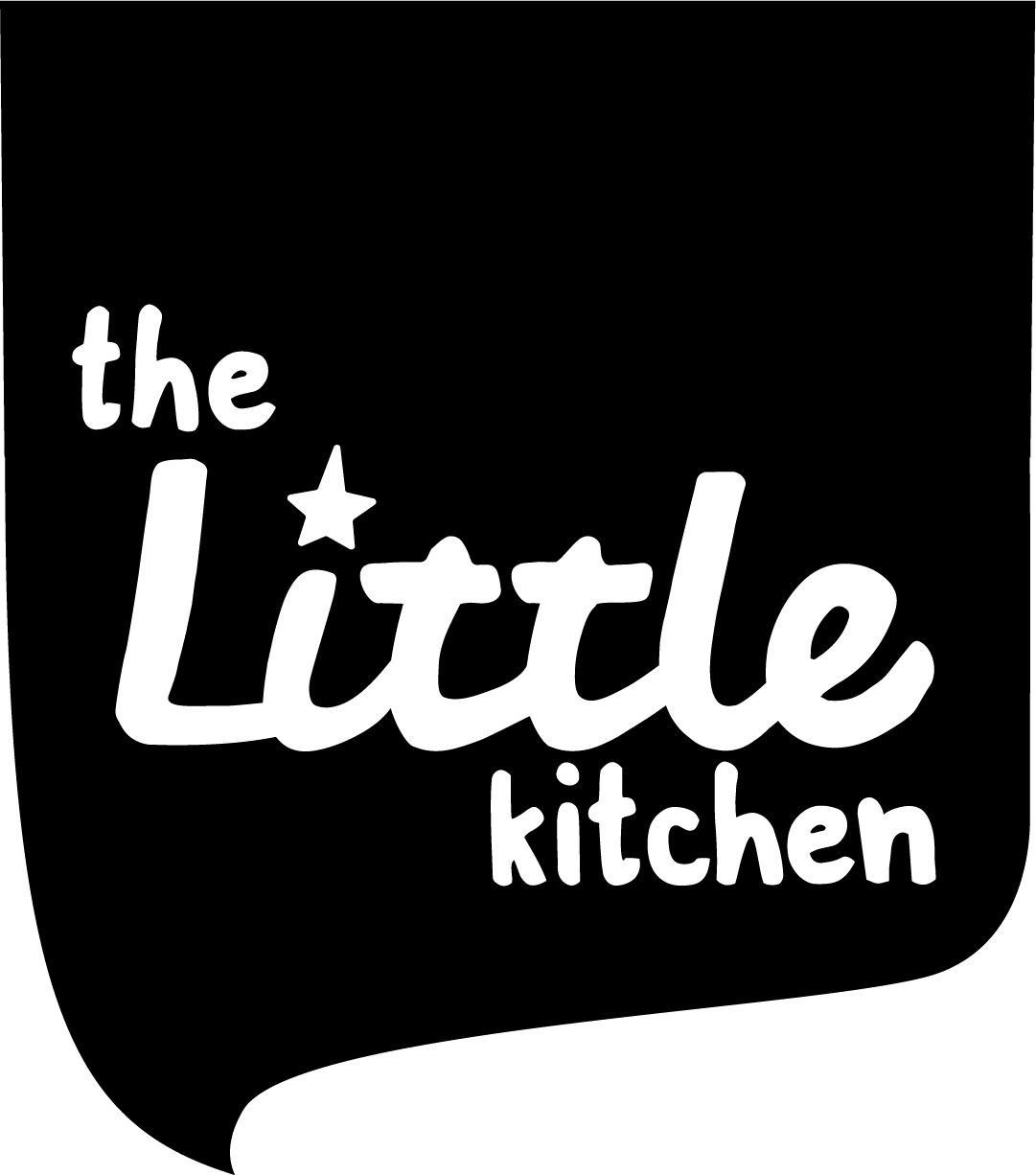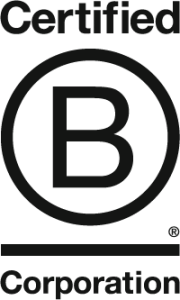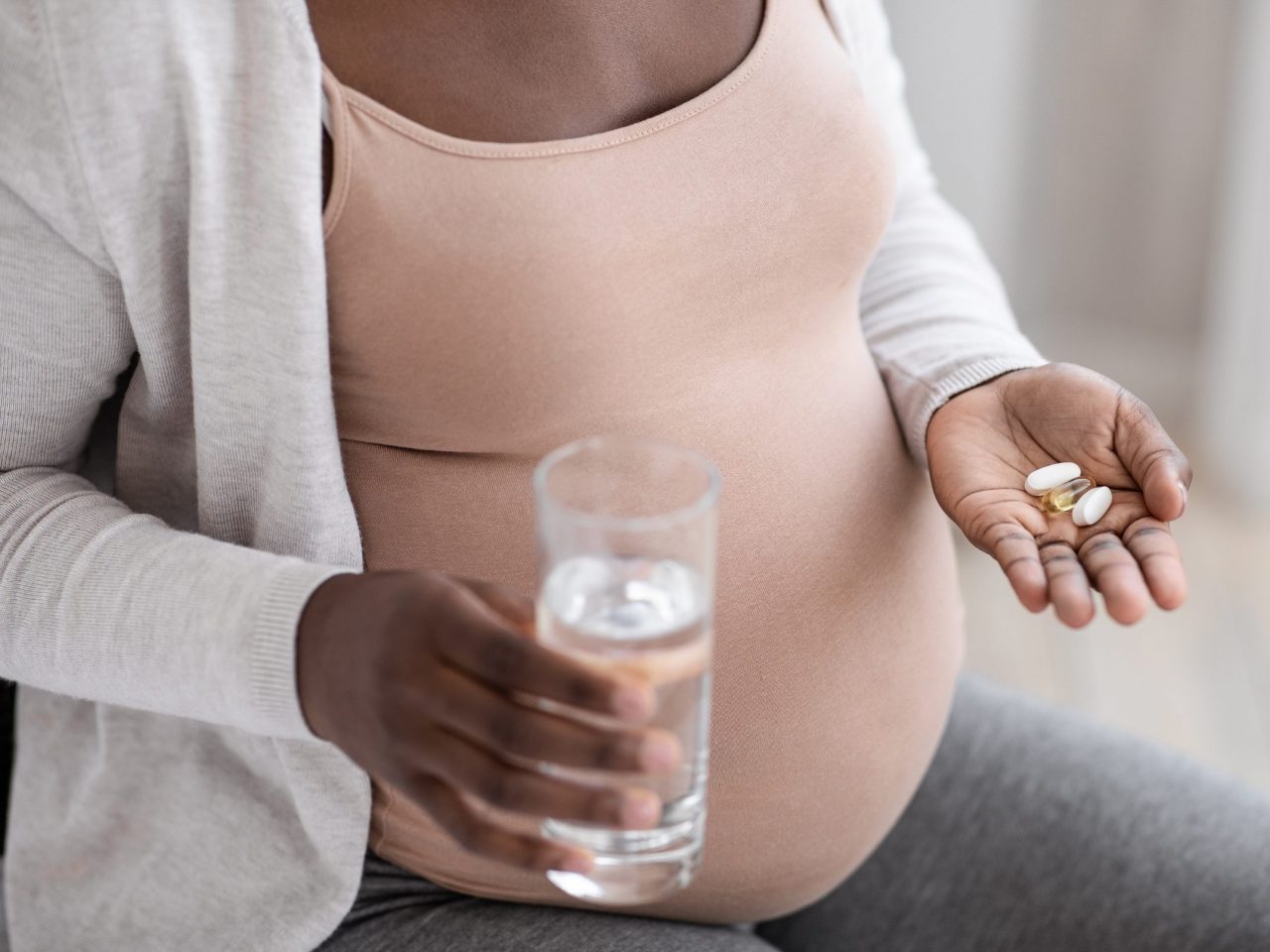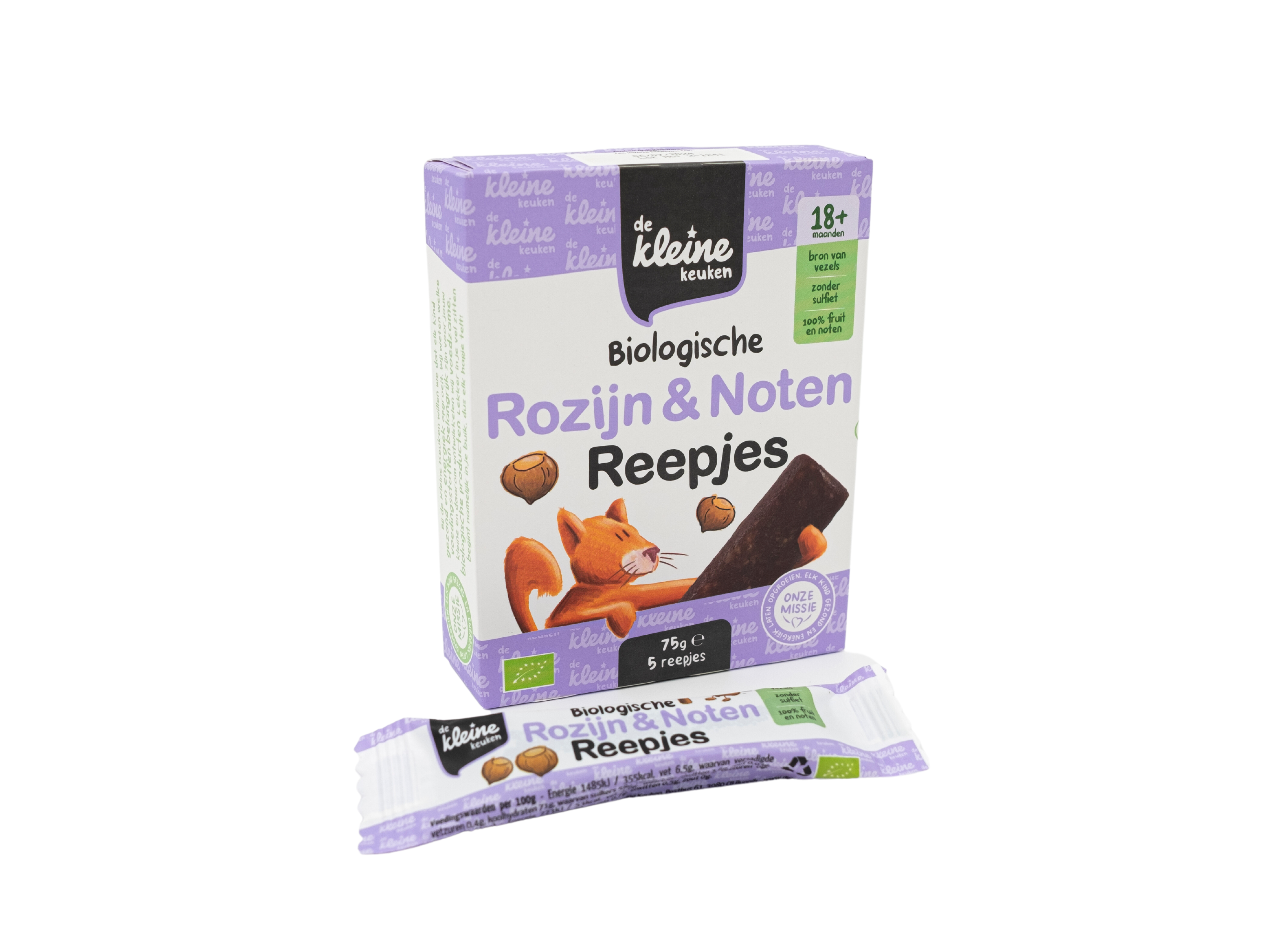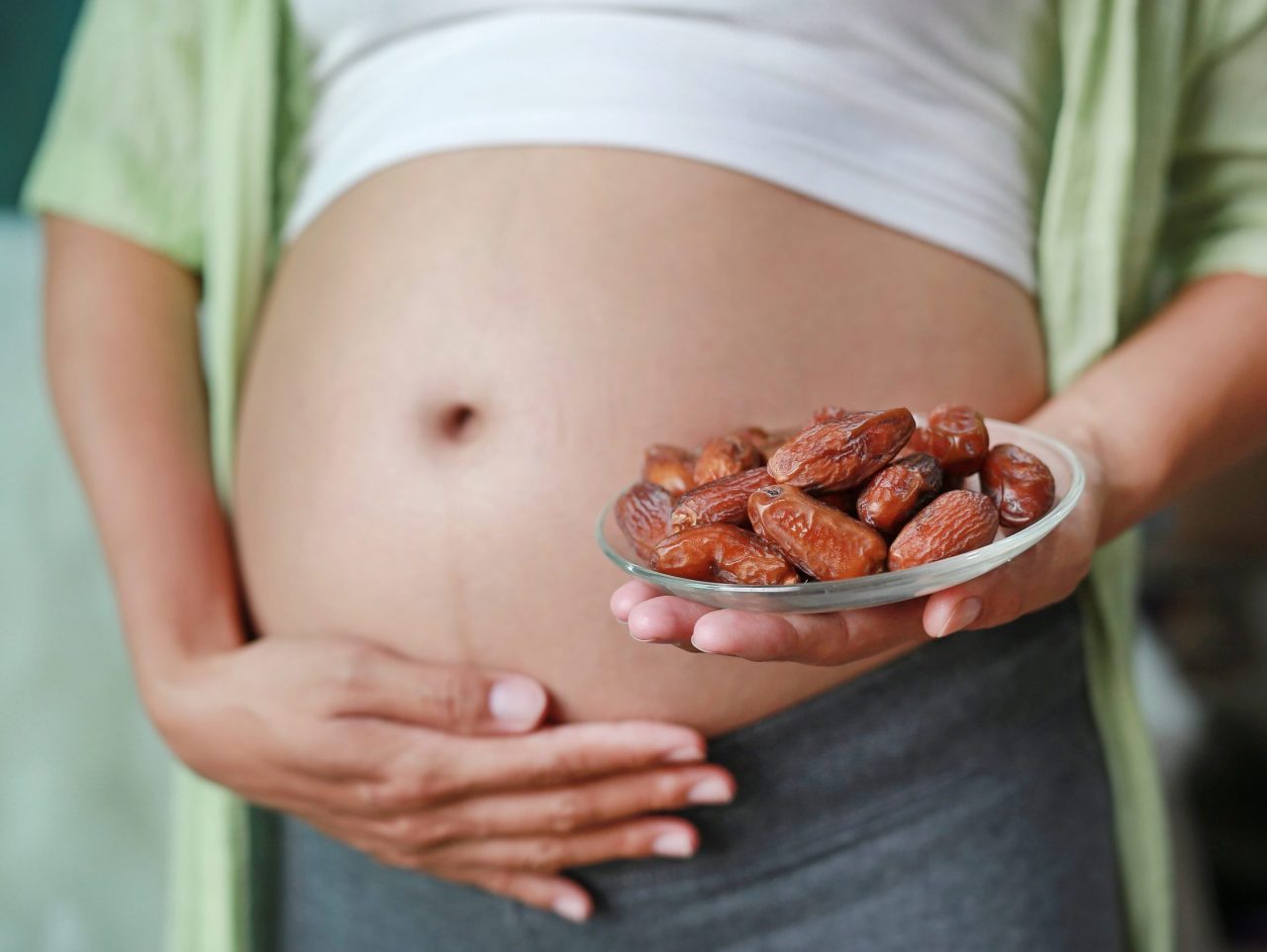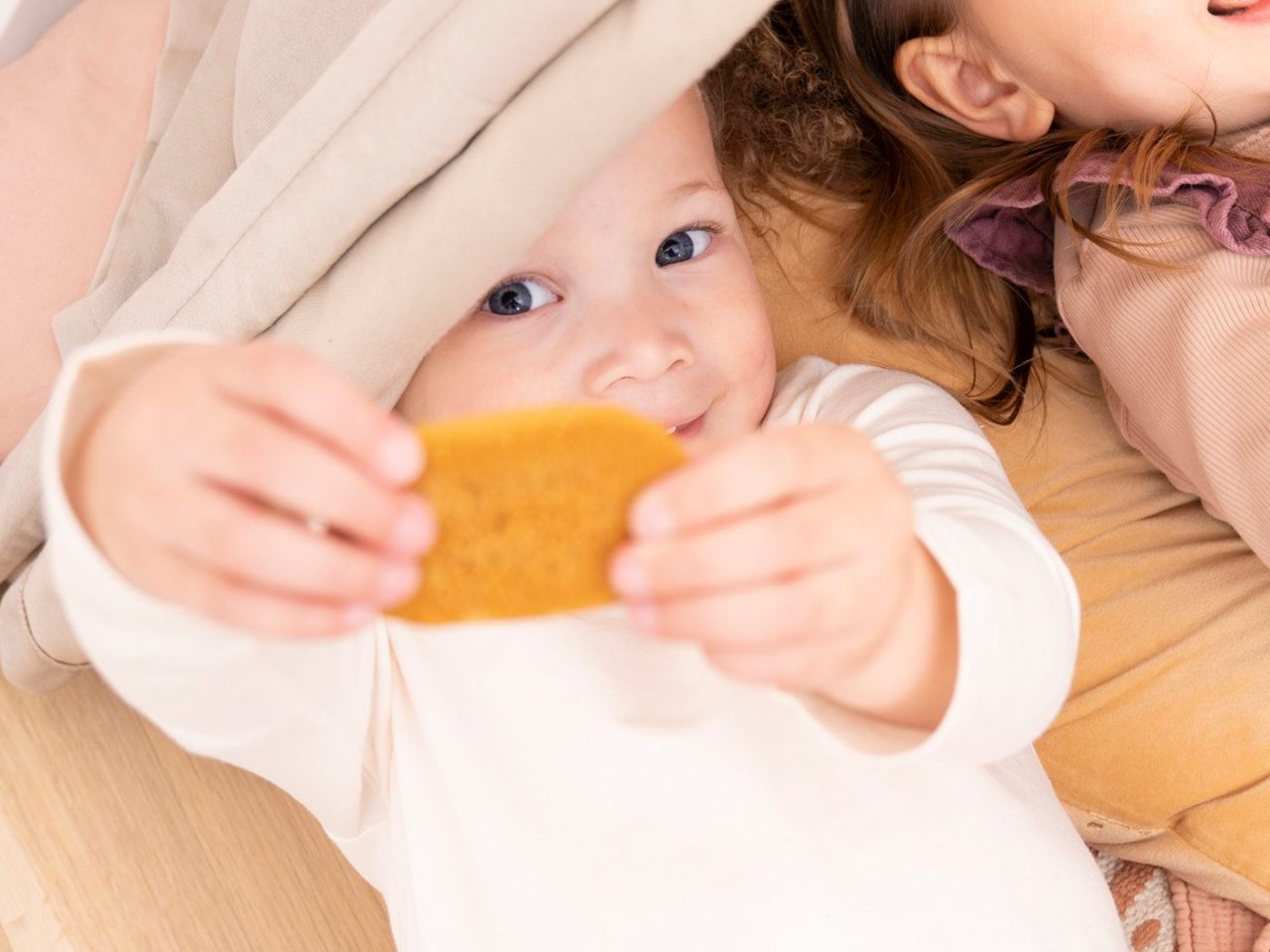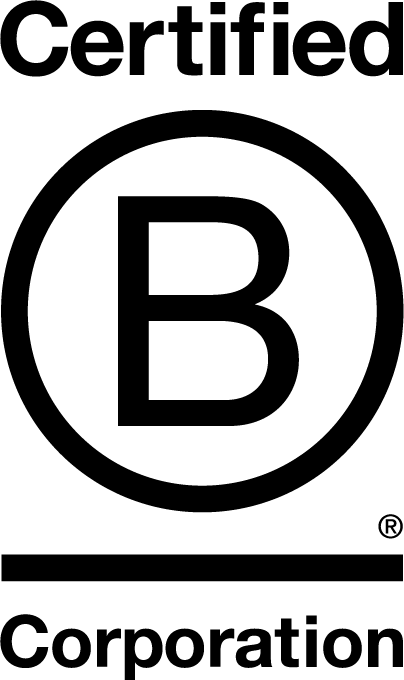From folic acid to magnesium, probiotics to omegas, we will guide you through the wonderful world of vitamins that your body can use a little extra of during your pregnancy. Prenatal vitamins support your baby’s growth and can lower the risk of abnormalities. Plus, some of them provide you with just a little bit more energy. That’s something you always need! Here they are.
Folic acid
Are you in the process of becoming pregnant? Then it is advisable to start taking folic acid, one of the best-known prenatal vitamins, a month in advance. Didn’t do it? No worries. Then just start as soon as you find out you are pregnant. As a rule, you take folic acid up to the tenth week of pregnancy.
Folic acid, also known as B11, helps form your little one’s central nervous system. This reduces the chance of a skull or spina bifida. It also helps to improve placenta growth. Therefore, an essential luxury.
Folic acid in nutrition
Did you know that there is also a lot of folic acid in food? Think of broccoli, lettuce, Brussels sprouts and spinach. But also in legumes, such as lentils, chickpeas and broad beans. Or how about citrus fruits, kiwis, melons and strawberries? As you can see, it is important to eat a healthy and varied diet during pregnancy. But what if you are so nauseous that you can’t stand to see or eat broccoli? That’s another reason why it’s important to take a folic acid supplement.
Magnesium during pregnancy
Have you ever had restless legs during pregnancy? This is often a sign of a magnesium deficiency. Magnesium is a mineral, and during your pregnancy, it ensures a properly functioning nervous system, strong bones and teeth, but also more energy and a reduction of fatigue. Three cheers for magnesium please!
Magnesium in nutrition
Apart from the fact that it is advisable to take extra magnesium (even after pregnancy), you will also find this prenatal vitamin in bananas, avocado, chocolate (no punishment here), artichoke and white beans. What about a brownie of white beans, banana and chocolate. Thank us later.
A magnesium bath during pregnancy
This is so good! Buy some magnesium salt and fill the bath with water. Add a good amount of the magnesium salt and relax in three, two, one… You’ll notice that you sleep better and suffer less from a restless body.
“Pregnancy vitamins support your baby’s growth and can lower the risk of an abnormality.”
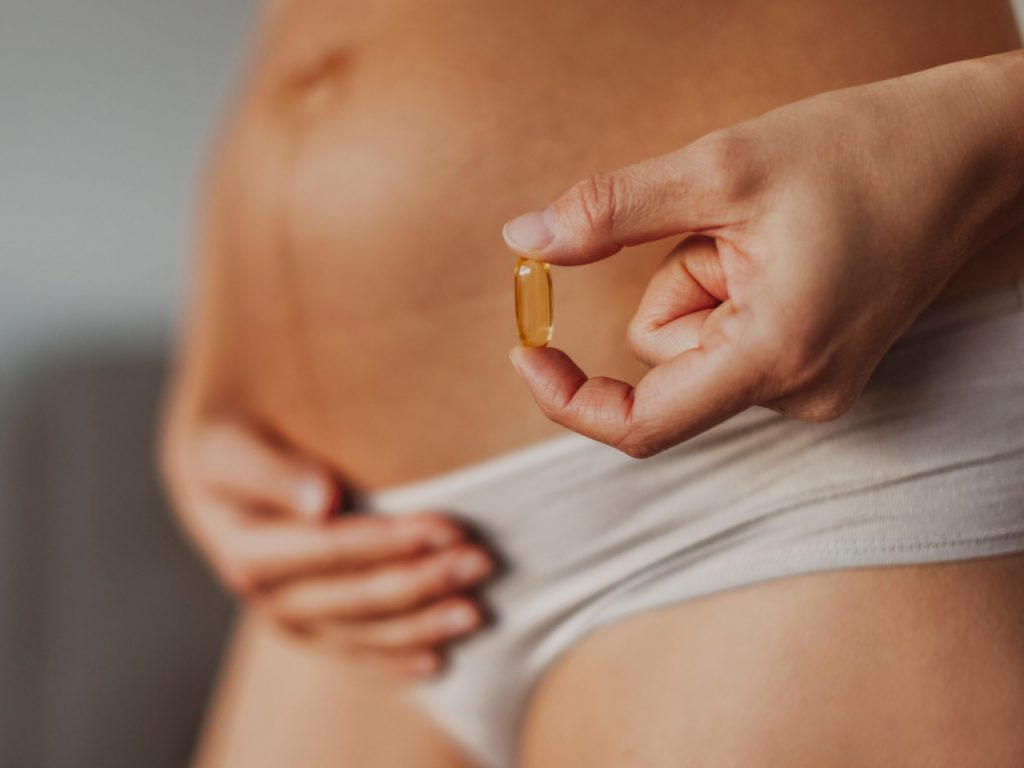
Fish oil
Another well-known supplement is fish oil. Or Omega 3 fatty acids. In addition to folic acid, magnesium and other prenatal vitamins, unsaturated fatty acids are important substances to take. Why? Omega 3 fatty acids consist of three categories: ALA (vegetable), EPA (fish fatty acid), and DHA (fish fatty acid). The latter two can be synthesised by your body with the help of ALA. ALA cannot, so you need it from food.
Why is fish oil so important during pregnancy?
It is good for your brain (less chance of pregnancy brain, which causes forgetfulness) but also for your baby’s brain. It is also good for your unborn child’s eyesight and motor skills.
Omega 3 fatty acids and food
ALA can be found in algae, linseed oil and walnuts, for example. DHA and APA are found in salmon and other fatty fish. As long as it is not packaged, such as smoked salmon, you can always consult your midwife to make sure you know what’s best. Especially if you have cravings for fatty fish. Don’t eat fish at all? There are various vegetarian supplements available. Ask the advice of an orthomolecular nutritionist or visit a health food shop.
Probiotic
It’s not a prenatal vitamin, but lots of good bacteria that will come in handy during your pregnancy: a probiotic. An underestimated subject if you ask us. Because a healthy and versatile intestinal flora, also called the microbiome, isn’t just good for the mother but also for the baby. Your intestinal flora is the basis for your child’s intestinal flora. That is why it is recommended to take probiotics. Ask your midwife or an orthomolecular therapist for advice or visit a health food shop.
When the baby is born through the birth canal, it gets all the good bacteria from the mother. If this is not the case, you can ask the gynaecologist to rub the baby’s mouth with these bacteria afterwards. This is done with a piece of gauze that is inserted into the mother’s vagina during birth. This is also called microbirthing.
Why probiotics during pregnancy?
As we mentioned, probiotics help maintain good intestinal flora in you and your baby. But probiotic bacteria also reduce the chance of atopic eczema in your child by 50%. In addition, they ensure that vitamins are better absorbed from food, have a blood pressure lowering effect and improve bowel movement. All in all, a healthy microbiome provides more energy, good health and a better mood. Giving your baby probiotics is recommended if you are bottle feeding or if he or she was born by Caesarean section. Always consult with someone who knows about this.
Multivitamins during pregnancy
There are lots of choices! We are fans of VitaViva and Sups. But opt for what you feel is best for you. You can also choose Nano Iron if you have an iron deficiency. Apple syrup, for instance, also helps. Oh and… Squeeze your buttocks together if you notice that your blood pressure is too low. This has nothing to do with pregnancy vitamins, but it’s a very useful tip.



